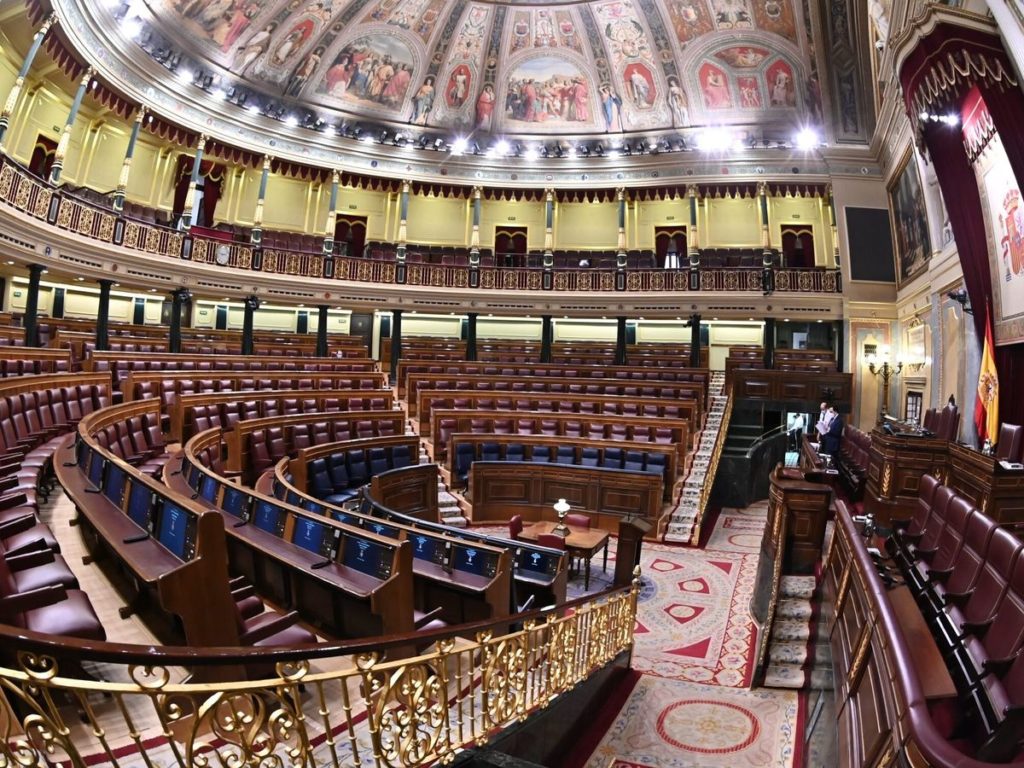
By: Sebastian Mariz, Owner and Managing Director of Influence Spain.
.
An unstable coalition of 7 political groups, with only 8 seats more in Parliament than the opposition, continuous pressure for greater autonomy from Catalan and Basque coalition partners, and lengthy, difficult negotiations when passing new legislation and policy, will mark Spain´s political framework in 2024.
In addition, and leaving Spanish voters with no respite from the multitude of election campaigns and campaign promises they have endured over the past year, the country’s political agenda will also include regional elections in Galicia on the 18th of February, European elections on the 6th of June, regional elections in the Basque Country in July and probably early elections in Catalonia, at the end of the year. The outcome of each of these elections will determine the strength of the Prime Minister’s leadership, the solidity of the Government coalition, and will have an impact on the relations between the coalition partners. The outcome of the Basque and Catalan elections could also curtail the future of the current coalition and force the PM to call new elections, if a poor outcome for his Basque and Catalan coalition partners, leads to their withdrawal, from the current coalition.
Changes in the Prime Minister’s Cabinet
The start of the new legislature and the formation of the new coalition Government has also come with significant and important changes in the Prime Minister’s Cabinet, notably with the resignation of Ms. Nadia Calviño as Finance Minister and the appointment of her former number three, Mr. Carlos Cuerpo as the new Minister. His appointment foreshadows continuity in the macroeconomic policy, set by Ms. Calviño.
The Prime Minister has also promoted his Fiscal Affairs Minister, Ms. María Jesús Montero, to 1st Deputy Prime Minister, and his Chief of Staff, Mr. Félix Bolaños to super Minister covering parliamentary relations and legal affairs, thus confirming these two as the Prime Ministers closest advisers and the most powerful ministers in his Cabinet. Ms. María Jesús Montero will now be responsible for setting the agenda of the Council of Ministers held each Tuesday, and Mr. Bolaños for negotiating all major decisions and policy initiatives with the PM’s coalition partners in Parliament.
Other changes have also taken place amongst the high-ranking officials in some of the other ministries, with the appointment of new secretaries of state, secretary generals and director generals. Changes which could reflect a shift in policy and legislative priorities, in areas such as transport and mobility policy, consumer affairs, digitalization, science, research and innovation, and plastics and waste management. No changes have been made in other areas including the environment and energy, housing, healthcare, tourism or agriculture and foodstuffs.
.
Every month, Influence Spain provides a look at Spanish current affairs. For more information, join our social media profiles on Twitter and LinkedIn.

